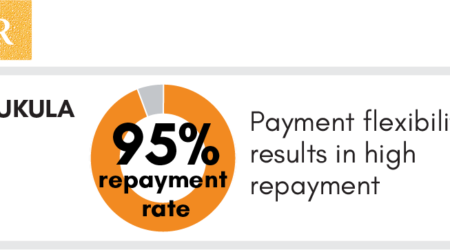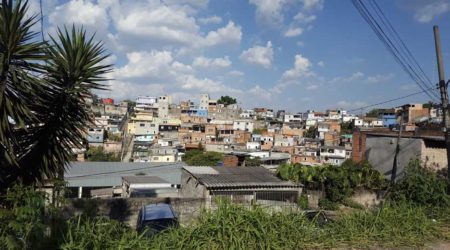Uganda country assessment on affordable and accessible remittances for forcibly displaced persons and host communities
Although the market for providing remittance services to refugees is large, financial service providers have found it difficult to develop a business case for targeting them. The cost of reaching and ensuring liquidity at their remote locations, uncertainty regarding acceptable identification, and limited information about refugees’ needs and abilities have limited the business case, leaving them without access to convenient, low-cost remittance services. As such, many refugees depend on expensive, ad-hoc and, sometimes, risky solutions to overcome legal and logistical challenges to accessing remittance services. There is an opportunity for development agencies to intervene by supporting remittance and financial service providers, and influencing the policy environment to make serving refugees feasible and commercially viable.
The Uganda country assessment provides an overview of the demand, supply and regulatory constraints that FDPs face, especially, when accessing formal remittance channels and present key situation findings and reflections from a diverse set of stakeholders that will support humanitarian and development agencies to determine ways to improve access to affordable and reliable regulated remittance services and offer remittance and financial service providers the insights to assess whether or not there is a viable business case to link remittances to broader financial services such as credit, savings, insurance, or payment.



